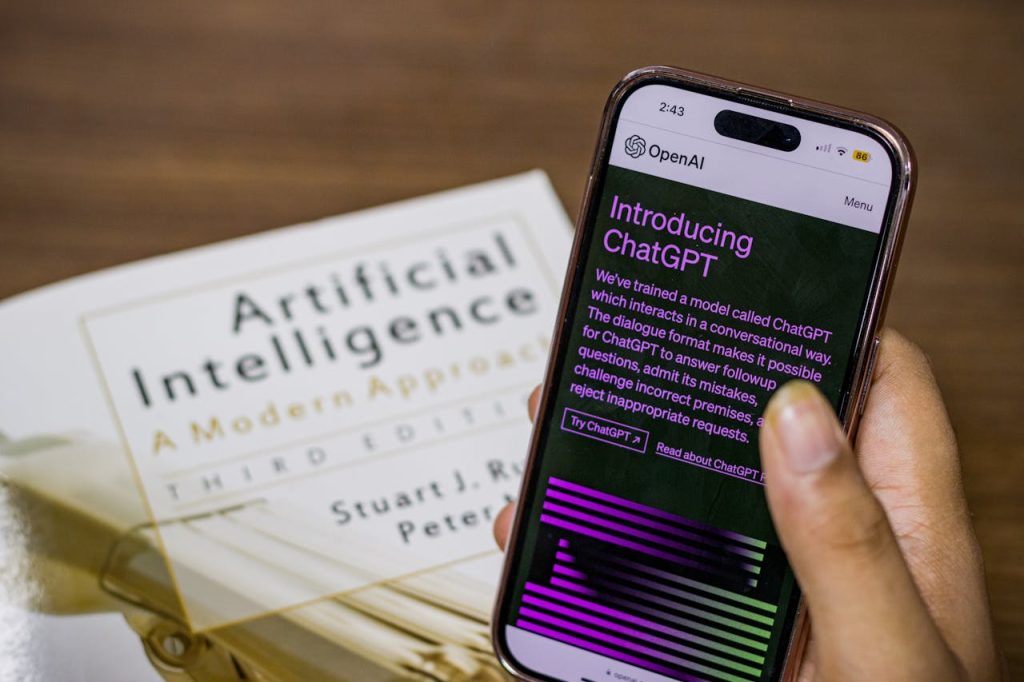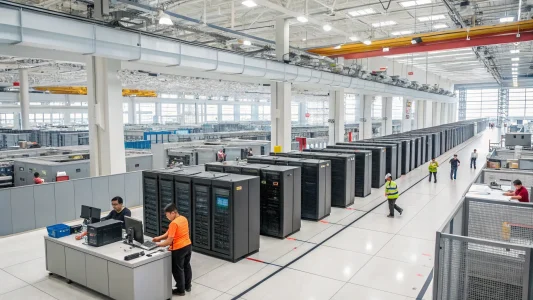According to those familiar with the agreement, OpenAI and Oracle inked a $300 billion contract to buy processing power over a five-year period. The deal, which is among the biggest cloud contracts ever and far outpaces OpenAI’s present revenue, highlights the skyrocketing expenses of constructing AI data centers in spite of cautions about a possible bubble.
The power capacity required by the contract is 4.5 gigawatts, which is equivalent to the consumption of roughly four million homes or more than two Hoover Dams. Following the company’s announcement that it had added $317 billion in future contract revenue in the quarter ending August 31, Oracle’s stock jumped as much as 43% on Wednesday. Oracle signed contracts with three distinct clients during the quarter, Chief Executive Safra Catz informed analysts.
Oracle and OpenAI sign $300 Billion cloud computing deal
Elon Musk is now one of the richest people in the world, with a net worth of almost $400 billion, after Chairman Larry Ellison’s wealth increased by more than $100 billion due to the stock rally.
The OpenAI agreement, scheduled to begin in 2027, poses risks for both parties. In June, OpenAI reported $10 billion in revenue, less than one-fifth of the $60 billion it must pay annually under the contract.Oracle, on the other hand, is securing a significant portion of its future earnings from a single client and will probably require debt in order to obtain the AI chips needed for the expansion.
The enormous commitment is a reflection of CEO Sam Altman’s willingness to take risks as he balances developing custom chips with Broadcom, introducing a rival iPhone, and establishing Stargate, a new cloud company. According to The Wall Street Journal, OpenAI informed investors that it does not anticipate making a profit until 2029 and that it expects to lose $44 billion in the interim.
Altman’s computing shortage
Altman’s ongoing computing shortage slows OpenAI’s product launches and model development. The larger AI sector faces similar pressures as it invests hundreds of billions in data centers that, in some places, strain local power systems. According to Morgan Stanley, between now and 2028, businesses will spend $2.9 trillion on servers, chips, and data center infrastructure.
Tech companies are using Wall Street’s expanding debt markets, which some financiers compare to a contemporary gold rush, to finance the expansion. The OpenAI-Oracle partnership is predicated on ChatGPT’s rapid expansion, with adoption reaching billions of customers, companies, and governments. However, the business still has to deal with escalating expenses, a competitive talent pool, tense negotiations with Microsoft, and regulatory scrutiny due to its for-profit reorganization.
Though progress has been slow, OpenAI launched Stargate with SoftBank in an attempt to alleviate its infrastructure bottleneck. OpenAI now regards the Oracle deal as a component of the Stargate initiative. The company had long depended on Microsoft as its only source of computing power, but it recently received permission to diversify.
Featured Image Credit: Sanket Mishra; Pexels: Thank you!














